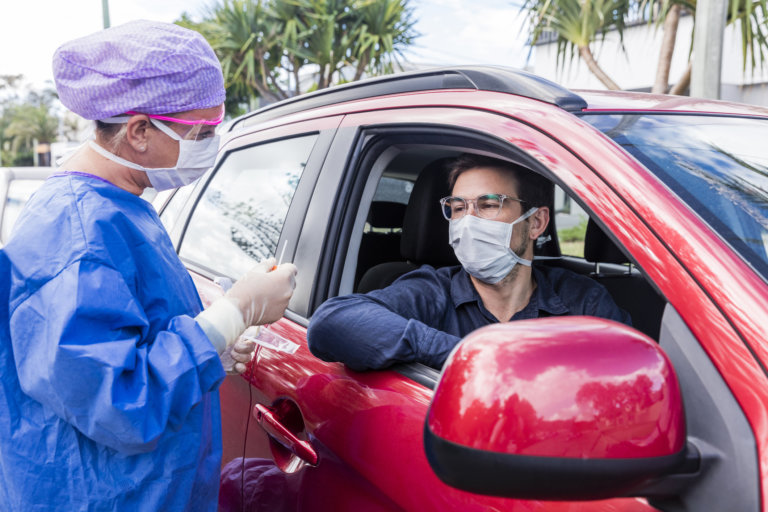On April 23, the Equal Employment Opportunity Commission (EEOC) updated its guidance on the Americans with Disabilities Act (ADA) and coronavirus. The EEOC previously announced that employers who are covered by the ADA could check their employees’ temperature to determine whether they have a fever. Now, the agency has clarified that employers may also screen employees for COVID-19.
While New York has yet to re-open businesses, the potential of mandatory testing by employers presents serious challenges. The best way for employees and employers to understand their rights and responsibilities under the ADA during the COVID-19 crisis is to consult with an experienced employment lawyer.
Testing Employees for COVID-19
The EEOC stated that employers may screen employees entering the workplace for COVID-19 because an infected individual poses a direct threat to the health of others. Any medical test for the novel coronavirus must be for a job-related purpose, accurate and reliable, however.
In this regard, the EEOC noted the challenges associated with COVID-19 testing, saying that employers should consider false positives and false negatives associated with a particular test. The agency also stated that employers should understand that accurate testing only indicates whether the virus is currently present; a negative test does not mean an employee will not be infected with COVID-19 later.
What This Means For Employers
If employers decide to test their employees for the COVID-19 virus, tests must be administered in the least invasive way possible and should not be conducted in a discriminatory fashion. This means that all employees should be tested and the tests should be administered by trained personnel or third parties (e.g. medical doctor, lab). Moreover, employers should treat results as confidential medical records according to ADA guidelines.
Other consideration for employers include:
- Ensuring appropriate disclosures are provided to employees
- Obtaining consent in writing from employees to coronavirus screening
- Following CDC guidelines for determining when an infected employee can return to the workplace
- Addressing the potential of exposure to COVID-19 in the workplace
- Determining how to address an employee’s refusal to submit to screening
The Takeaway
Given the fact that access to testing is limited (only about 5 million Americans have been tested for COVID-19 at this juncture), it is unclear whether wide-scale testing in the workplace is feasible when businesses reopen. In any event, the EEOC also noted employers should require that employees continue to practice social distancing and regular handwashing. Given the potential legal implications of employee testing for all concerned, it is crucial to have the informed representation Lipsky Lowe, LLP provides. When you become our client, we will be the strength in your corner during the COVID-19 crisis and in the days ahead.


